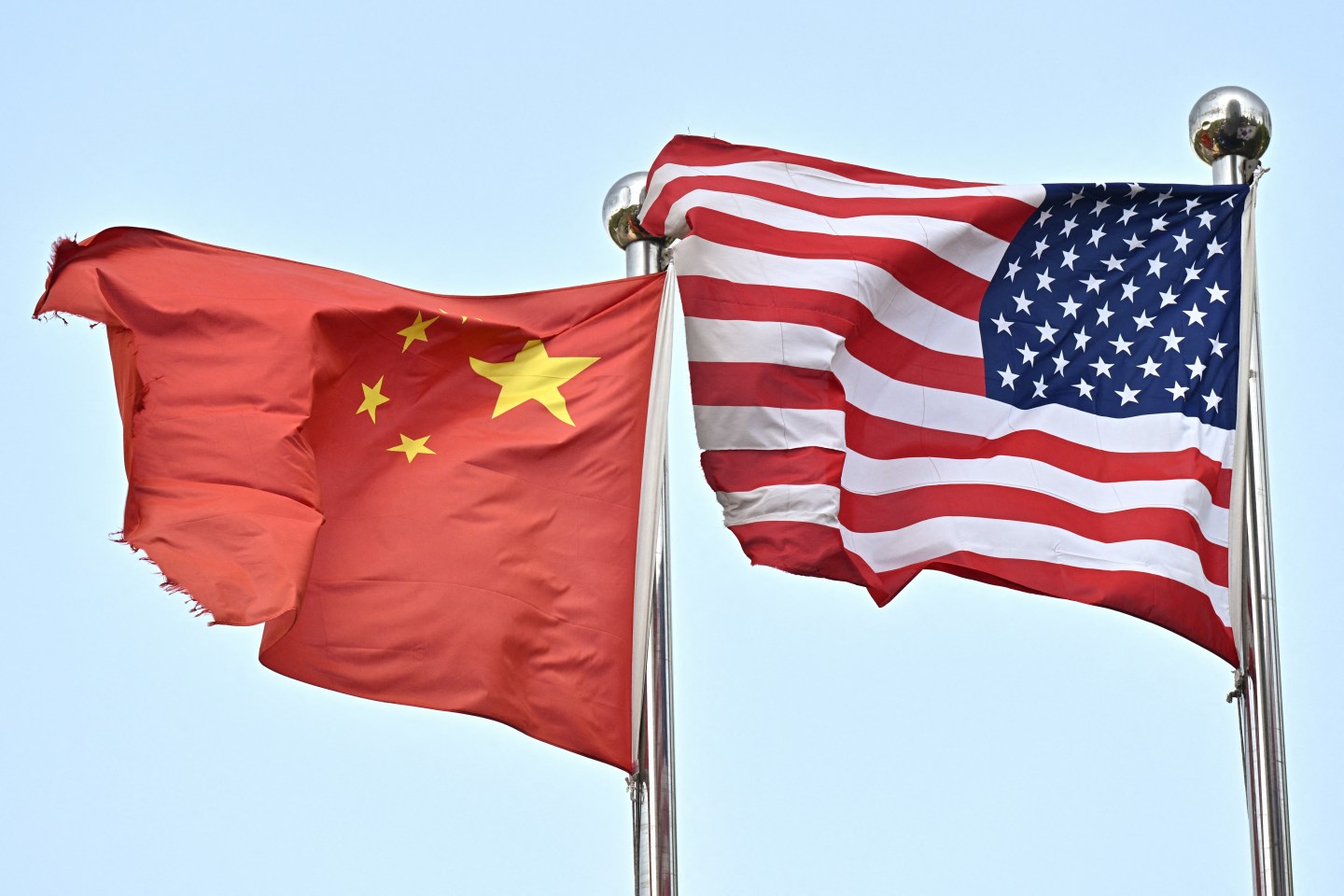This is the web version of CEO Daily. To get it delivered to your inbox, sign up here.
Good morning.
The Business Roundtable’s statement last August redefining the purpose of a corporation (background here) was rightly seen as a seminal moment for “stakeholder capitalism.” But after talking with numerous CEOs on this topic, I remained unsure whether they saw it as significant change, or simply a description of the status quo.
Our new survey of Fortune 500 CEOs provides the answer. We asked the CEOs which of the following comes closest to their view of the Business Roundtable statement:
1. I agree with the statement and believe most good companies always have operated that way. Nothing changed.
2. I agree with the statement, and believe it represents a significant change in corporate thinking from a decade or two ago.
3. I don’t agree with the statement.
Only 4% of the CEOs chose the last answer–giving final burial to Milton Friedman’s notion that the social responsibility of business was to make a profit. But 63% chose the first one, suggesting the Roundtable statement reflected the status quo. Only 25% saw it as a significant change.
Count me with that second group, even though they are a minority. Having covered business as a journalist for four decades, I firmly believe something different is going on today in the way the best CEOs think and talk about their responsibilities to society. And that’s a good thing. The current pandemic is likely to widen the rifts that have plagued Western society in recent years—between knowledge workers and manual workers, the well-educated and the less-well educated, top tier cities and the rest. Businesses will need to play a bigger role in healing those rifts, or risk losing their operating licenses.
Also in the poll, we asked the CEOs whether the pandemic would:
1. Accelerate the move toward stakeholder capitalism, in order to address the human suffering caused by the crisis.
2. Slow the move toward stakeholder capitalism, as companies focus on shoring up their bottom lines.
3. Have no effect on the move toward stakeholder capitalism.
Almost half chose the first option, while just 18% chose the second. I hope they are right. The future of capitalism hangs in the balance.
More news below. Full results of the CEO poll will be out next Monday, as part of our annual Fortune 500 issue.
Alan Murray
@alansmurray
alan.murray@fortune.com
TOP NEWS
Bankruptcies
The latest Chapter 11 bankruptcy filings come from Colombian carrier Avianca—the world's second-oldest extant airline after KLM—and Stage Stores, the discount department store operator. Stage Stores will try to sell assets while it winds down its business; Avianca is trying for a reorganization, though it recognizes that it could well go bust. Fortune
China trade
China's purchases of U.S. goods could fall substantially short of what was agreed in the countries' "phase one" trade deal, according to the Center for Strategic and International Studies—as in, $60 billion for 2020, rather than $186.6 billion. The think tank says the predicted scale of the shortfall is a worst-case scenario that could be avoided if economies rebound later this year, but there will be a shortfall either way. CSIS trustee chair Scott Kennedy: "The targets were never realistic; they were just gaudy numbers meant to impress. The pandemic made the unrealistic the impossible." CNBC
U.S. jobs
Trump administration officials are warning that the U.S. unemployment rate could top 20% this month. Treasury Secretary Steven Mnuchin even says the figure could be in the region of a Great-Depression-esque 25%. According to the Bureau of Labor Statistics, the U.S. economy lost 20.5 million jobs in April. CNN
Reopening doubts
Some Chinese and South Korean authorities have had to reinstate tight lockdown restrictions due to fresh COVID-19 outbreaks. Germany, too, is also experiencing a rise in infection rates. The developments demonstrate just how cautious everyone is going to have to be as lockdowns are liften—and the fact that what goes down might unfortunately go up again, with consequences no-one wants to see. Financial Times
AROUND THE WATER COOLER
Life insurance
Some insurers in the U.S. are turning away those seeking life insurance, because of low interest rates. In other words, they don't want the business because at the moment it wouldn't be profitable enough. In some cases, insurers won't sell life insurance to people aged 70 or older, because they are at a higher risk of dying in the coronavirus pandemic. Wall Street Journal
Europe vs Germany
Remember that bombshell ruling from Germany's constitutional court last week, that threw out a ruling by Europe's highest court about the legality of a European Central Bank's bond-purchase program? The European Commission is absolutely livid and could sue Germany over it—that's according to its president, Ursula von der Leyen, who is of course German. Reuters
Car pitch
Desperate to reignite customer demand for cars, Volkswagen is offering improved leasing and financing terms—and payment protection insurance for potential buyers who fear they might soon lose their jobs. VW brand sales chief Juergen Stackmann: "We want to provide a first strong stimulus so that customers come to dealerships again. According to market research institute GfK, consumer sentiment has reached an historic low in April. We need instant measures that have a positive effect on the consumer climate." Bloomberg
Rock on
Live-music event organizers in Europe are reviving the old-fashioned drive-in model to keep concerts and raves going in the era of social distancing. In some cases, the new model could even make for a viable business—while also introducing new opportunities for creativity and opening up the festival experience to those who might previously have stayed away. Fortune
This edition of CEO Daily was edited by David Meyer.












